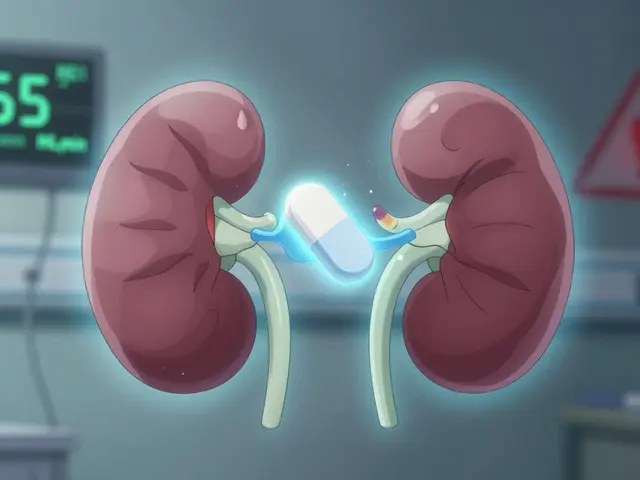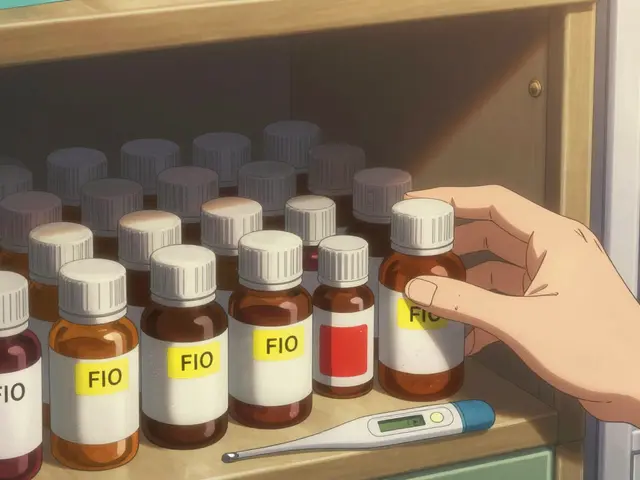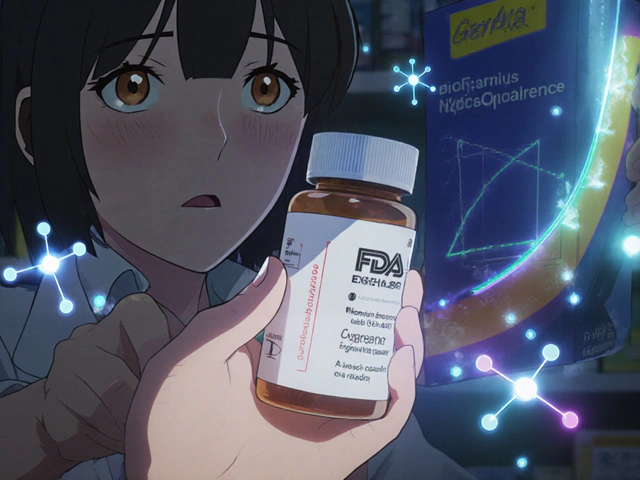Nutrition Tips, Supplements & Safe Choices
Looking to eat better but not sure where to start? You’re not alone. Most of us want simple, real‑world advice that actually works, not a list of vague buzzwords. Below you’ll find quick steps to improve your meals, choose safe supplements, and avoid common pitfalls.
Build a Balanced Plate in Minutes
First, think of your plate as a color wheel. Fill half of it with vegetables or fruit, a quarter with lean protein, and the remaining quarter with whole grains. This simple visual keeps nutrients in check without counting calories obsessively. Swap white rice for brown rice or quinoa, and choose skinless chicken, beans, or tofu for protein. Adding a handful of nuts or a spoonful of olive oil brings healthy fats that help you stay full longer.
Don’t forget water. Most people mistake thirst for hunger, leading to extra snacks. Keep a reusable bottle at your desk and sip regularly. If plain water feels boring, add a slice of lemon, cucumber, or a splash of 100 % juice.
Supplement Smarts – What’s Worth It?
Supplements can fill gaps, but they’re not a magic fix. Before you buy, ask yourself three questions: Do I have a diagnosed deficiency? Is there solid research supporting this supplement? Can I get the same benefit from food?
Take the case of germander (Teucrium chamaedrys). It’s marketed for weight loss, yet studies link it to liver toxicity. The safer route is to focus on proven options like green tea extract or a balanced diet rich in fiber. When a product sounds too good to be true, it probably is.
For cholesterol, many wonder if a supplement can replace statins. Natural approaches—soluble fiber from oats, plant sterols, and regular exercise—can lower LDL by up to 10 % in some people. Red yeast rice offers a statin‑like effect, but it’s not regulated, so quality varies. Talk to a pharmacist or doctor before swapping prescription meds for a supplement.
Always check the label for third‑party testing symbols such as USP, NSF, or ConsumerLab. These marks mean an independent lab verified the ingredient list and potency. If a supplement lacks these stamps, treat it with caution.
Finally, remember dosage. More isn’t always better. For vitamin D, for instance, 2,000 IU daily is safe for most adults, but 10,000 IU can cause toxicity. Stick to the recommended amount unless a health professional tells you otherwise.
By focusing on whole foods, staying hydrated, and being selective with supplements, you set yourself up for lasting health benefits without the guesswork. Need more detailed guidance? Browse our articles on specific supplements, safe online pharmacy practices, and diet‑focused health tips—all written for everyday readers like you.






